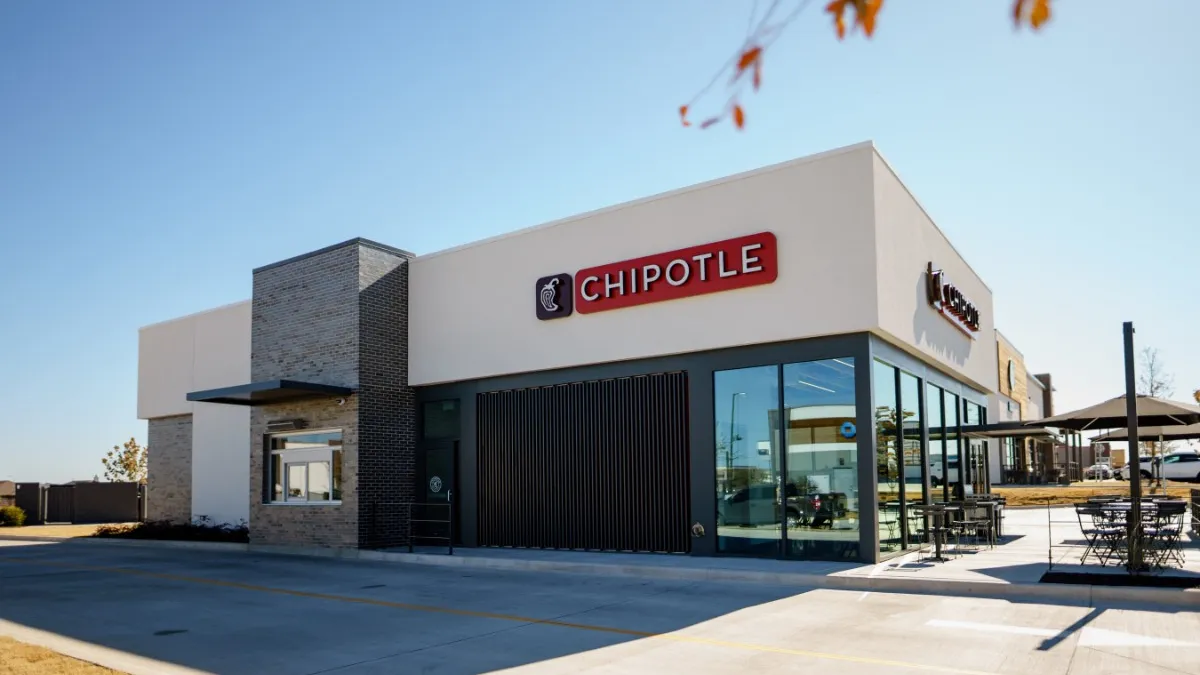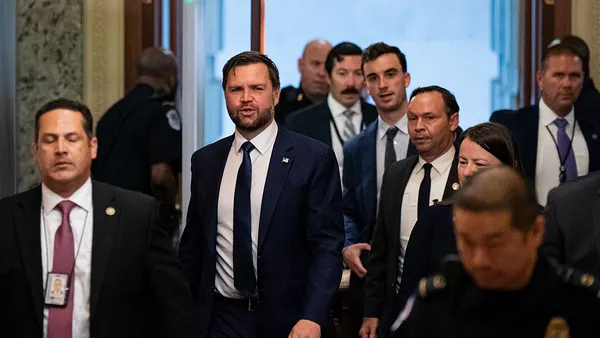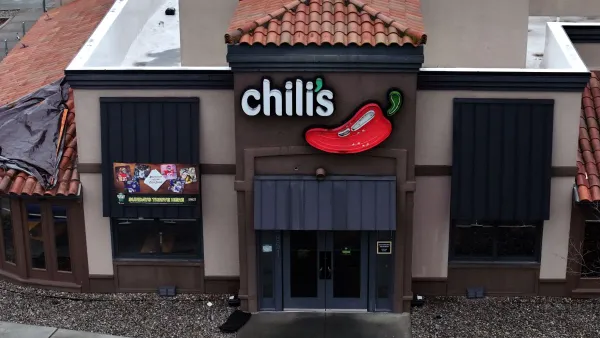Dive Brief:
- Chipotle has agreed to pay $8 million to settle a 2012 lawsuit alleging it misclassified management trainees as exempt from overtime, court filings show (Scott, et al. v. Chipotle Mexican Grill, 1:12-cv-08333 (S.D.N.Y., Oct. 1, 2021)).
- If approved by a court, the agreement will end nine years of litigation and resolve claims that the apprentices should have been paid time-and-a-half for hours worked beyond 40 in a workweek. More than 500 workers will share the monetary compensation, and the company will pay up to roughly $6 million more in attorneys' fees.
- In the complaint, employees alleged they did not meet a Fair Labor Standards Act duties test for an overtime exemption.
Dive Insight:
This marks the latest in a string of labor-related settlements for the Mexican chain.
In August, Chipotle agreed to pay $70,000 to settle charges of sexual harassment and retaliation brought by the U.S. Equal Employment Opportunity Commission. In March, the company said it would pay $15 million to settle a class action suit filed in 2017 alleging Chipotle misclassified 4,838 apprentices as salaried employees, wrongfully excluding them from overtime wages.
The company is also on the hook for $150 million, New York City claims, for violating the city's Fair Workweek Law when it didn't give workers predictable schedules or advance notice of their work hours.
In Scott, the workers alleged they did not generally perform exempt duties such as management; instead, they spent most of their time preparing ingredients and filling orders, the complaint said.
The FLSA requires overtime pay if an employee's work doesn't satisfy a duties test or if their pay doesn't meet a defined salary threshold.
The FLSA spells out several duties tests for exemptions for executive, administrative, professional, computer and outside sales employees. And while those exemptions haven't changed in recent years, employment law attorneys often recommend that HR professionals perform occasional audits and correct any potential misclassifications.
Changes to those exemptions could be on the horizon, sources told HR Dive last year, but the Biden administration and its U.S. Department of Labor appear squarely focused on regulations related to coronavirus safety.















